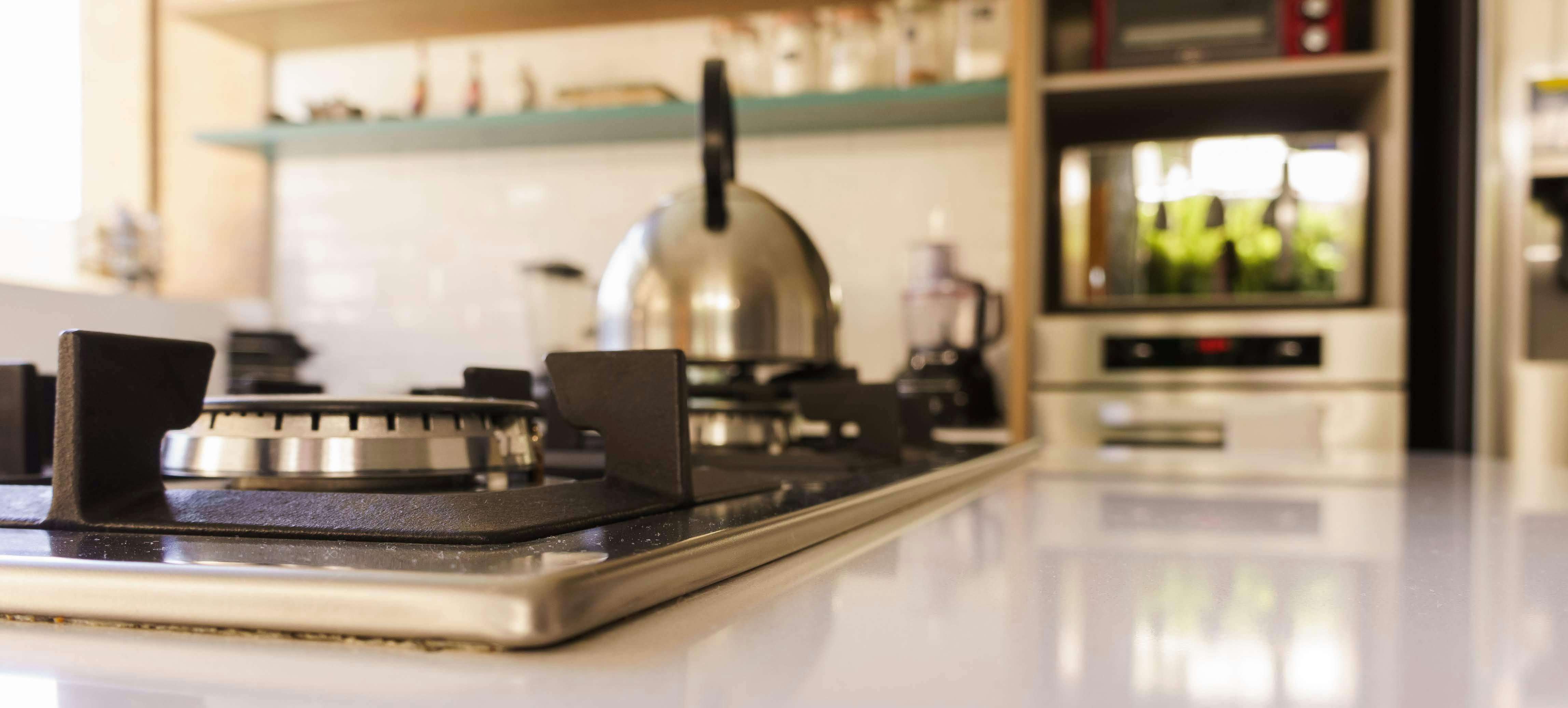1. Make sure your household bills are up to date
This may seem obvious or even pedantic, but you really need to think about something like this. Last year I did a tour that lasted 3 weeks. It covered the last 2 weeks of a month and the first week of the following month. One of my first month’s household bills had not arrived before I left and was delivered while I was away. This meant that he had no way to pay for that month. When I returned I was greeted with final demands as this particular authority was known to be ruthless to non-payers.
2. Consult your medical and travel insurance
It is important that when you take a long trip you have the correct medical and travel insurance. The last thing you want is to be stuck in another country and something happens, you need to present a credit card to save your life. This also ties in to Number 5, if you haven’t told your bank you’re leaving and you don’t have the right coverage, you could be in deep trouble. Always travel with adequate medical and travel insurance. Many credit companies now offer travel insurance as standard.
3. Share your itinerary with someone
This is important if you are traveling alone. Your loved ones and friends need to know where you are, maybe not all the time, but at least where they can reach you. If something happens at home, you may need to return for an emergency, or there may be some important news that needs to be told to you. At least if they know your travel plans rather than the exact details, it will be easier to locate you in an emergency situation.
4. Check the Visa and Passport requirements for your destinations or possible destinations
Don’t arrive at the airport and find out that they won’t even let you on the plane! This is the reality of what could happen if you do not have the correct documents. Visa requirements are especially important to avoid unnecessary complications and delays at your destination. Make sure your passport is valid for at least the next 6 months, otherwise many airlines will not allow you to travel.
5. Tell your bank where you are going
Even if you are taking traveler’s checks or cash, you should have a backup. The bank needs to know where you may be using your ATM or credit card. Due to cyber fraud today, many banks will not allow you to use your cards abroad unless you tell them beforehand. It is very easy for most banks to do through their website. If you don’t tell them, your ATM card may be swallowed by a foreign machine!
6. Organize your ID
What IDs will you need when you travel? Obviously your passport, but what about the credit card you booked your flight with? some airlines insist on seeing it before you travel. Other identification could include a driver’s license if you plan to rent a car or motorcycle while traveling. Don’t forget to print all your ticket information and hotel reservation vouchers if you have previously booked them.
7. Set up your phone
If you plan to take your phone abroad, beware of expensive roaming charges. It’s best to arrange ahead of time with your phone company, or better yet, get a disposable SIM card while you’re there. Most countries have a SIM plan that you can get at the larger international airports.
8. Learn some sentences
Especially important if you plan to travel a bit off the beaten track. Not everywhere English is spoken fluently, even in some larger cities in Asia and Africa you will find little English spoken. Learn a few choice phrases that will come in handy while you’re there, saving you a lot of time, money, and hassle.
9. Have a plan B
Expect the unexpected on your trip. If you were planning to travel to a beach and suddenly find it closed, make sure you don’t arrive at midnight and have nowhere to spend the night. Give yourself some room to maneuver. Once I was delayed for a flight and found myself in the middle of nowhere at 2am in the morning, the car rental I had previously booked had closed, so I had no choice but to find a hotel, which I was not! easy! If you plan and prepare, try to think about what might happen, just in case.
10. Insure your home
Of course you’re going to lock your doors and take the necessary precautions, but what about the little things that could cause problems when you return? Turn off the water and electricity is a good move if you are going to be gone for a long period. Going back to bursting water pipes is no fun at all. I usually disconnect my car battery if I’m away on a trip for more than a few weeks, the last thing I need is a dead battery when I get back.




Recent Comments